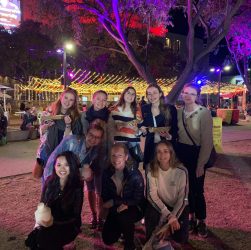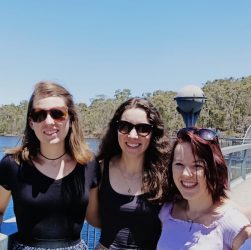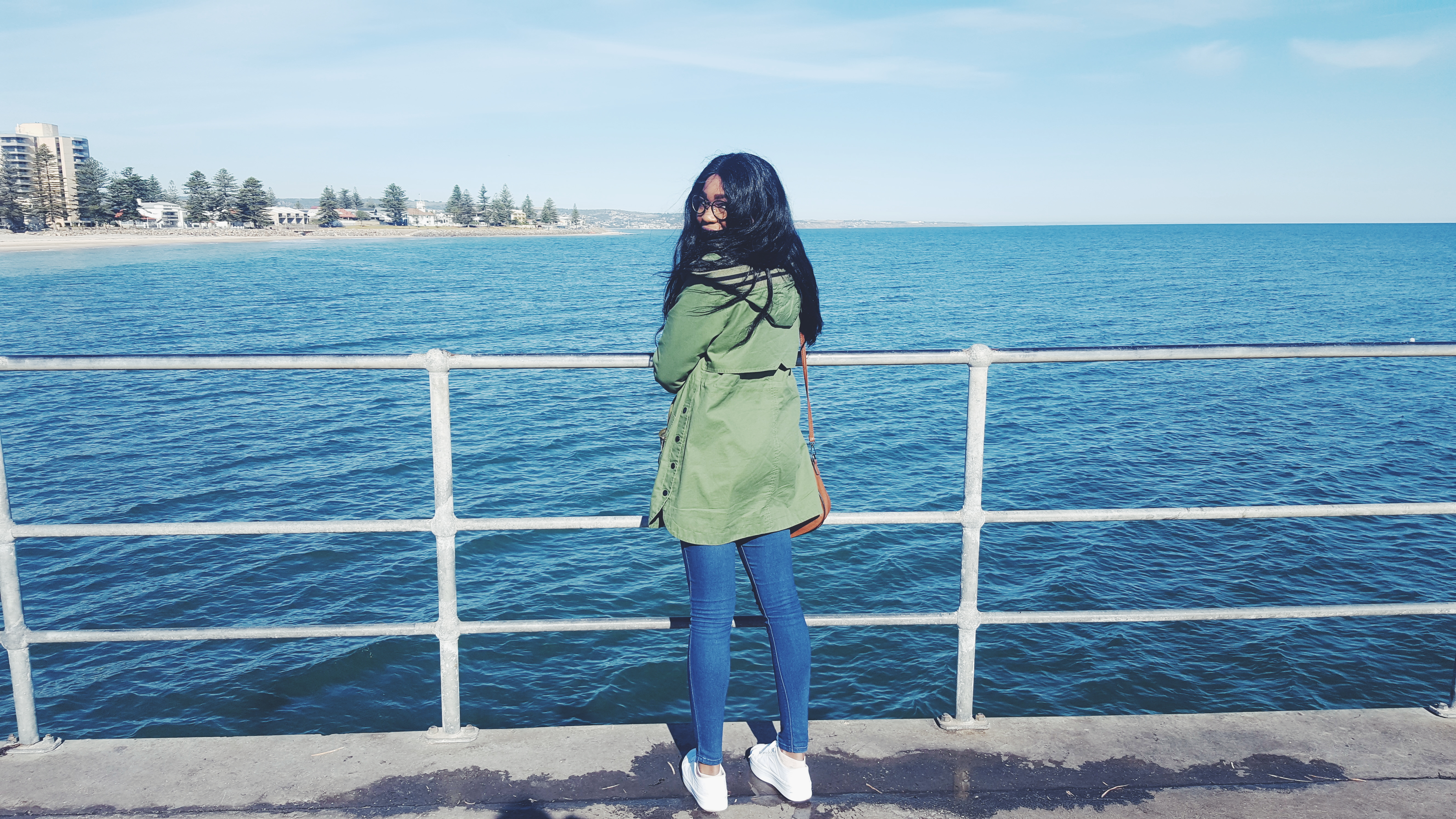Pre-Departure An exchange semester in Brisbane, Australia? I don’t even know how to express what an amazing experience this was. …


Pre-Departure An exchange semester in Brisbane, Australia? I don’t even know how to express what an amazing experience this was. …

I was elated to hear that I had been chosen by the SU International Office to attend a Summer School …

Pre-departure: Toward the end of April, I received my acceptance email from the Adelaide University International Office. From that moment …